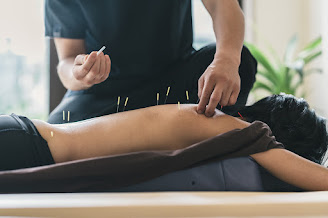Empathy is the ability to relate to others and view the world from their perspective. This quality can form the foundation for healthy relationships and improve your connections with others. It helps validate and reinforce your most crucial treatment takeaways as you repair relationships you might have torn apart through your self-destructive behavior.
Making Empathy Part of Your Recovery Process
As your attachment to drugs and alcohol grew, you may have driven away friends and family or hurt people who were close to you. Once you commit to a sober lifestyle, one of your challenges will be to mend fences you damaged during your years of active substance abuse.Addiction can cause self-centeredness as obtaining and using drugs or alcohol becomes a priority. Part of changing your life for the better includes restoring your emotional stability. In group and individual therapy, you will discover the support you need to guide you in replacing negative habits with healthy ones.
Your first step in becoming a more empathetic person is to tune into your emotions. Use your thoughts and feelings to try to understand other people’s lived experiences. You can start by talking to peers you meet during rehab or in your recovery group about their involvement with substance abuse. During these conversations, take the opportunity to practice your active listening skills and demonstrate you’re paying close attention.
Benefits of Practicing Empathy in Recovery
While each person has different takeaways from recovery, consider these advantages of making empathy one of your sobriety goals. Practicing empathy helps you:- Avoid getting stuck in a negative feedback loop
- Improve communication skills, leading to less conflict
- Gain more profound compassion
- Become more selfless and put others’ needs ahead of yours
- Learn to listen without passing judgment
Are You an Empathetic Person?
To help you assess how well you relate to others and put yourself in their shoes, ask yourself these questions:- Do you find it easy to tell when someone is upset?
- If you notice a friend or co-worker seems more subdued than usual, do you ask if they want to talk about it?
- Can people count on you to provide practical advice?
- In a conversation, do you listen to what others are saying, or do you find your mind wandering?
- Are you good at reading between the lines and picking up on things others leave unsaid in conversations?
- Are you usually excited about the chance to meet and talk to new people?
- Can you respect someone else’s views and values, even when you don’t agree with them?
- Do you tend to connect emotionally with your favorite characters in movies and TV shows?














